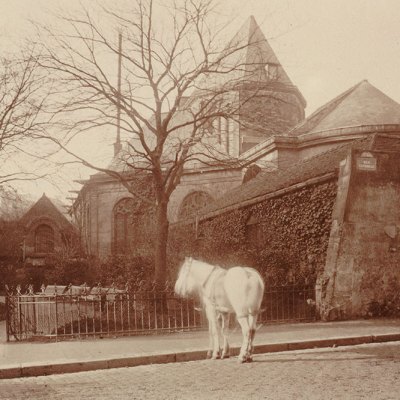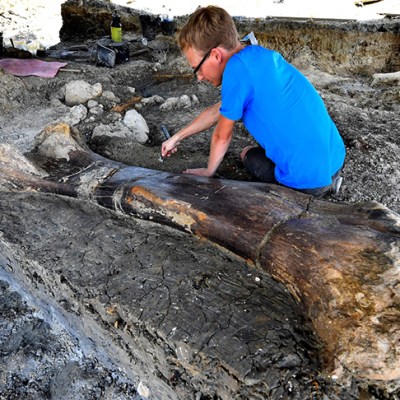As Austria entered its fourth national lockdown this week since the pandemic began, the director of the Kunsthistorisches Museum warned of the impact on cultural institutions. ‘We are going to lose millions of euros,’ Sabine Haag told Artnet News. The museum has had to close its doors in the middle of its blockbuster exhibition ‘Titian’s Vision of Women: Beaty, Love, Poetry’, which is scheduled to run until 16 January; in light of the new lockdown, which is due to last until at least 13 December, the museum is looking to extend the show for a further two weeks. Meanwhile on Monday as Germany is still considering a full national lockdown, Saxony – which currently has the highest rate of infection in the country – entered its own regional lockdown, which has closed major shows such as ‘Johannes Vermeer: On Reflection’ at the Gemäldegalerie Alte Meister in Dresden.
The new German culture minister in Olaf Scholz’s SPD-led coalition government is Claudia Roth of the Green party. Roth, who has been in parliament for more than 20 years, can be considered a high-profile appointment: she has also been a member of the European Parliament, the co-chair of the Greens (twice), and has been the vice-president of the Bundestag since 2013. She is known for her commitment to human rights with a particular emphasis on women’s and LGBTQ+ rights. Roth began her career working in theatre in Dortmund and once managed the rock band Ton Steine Sterben between 1982 and 1985. Although individual states are responsible for their own cultural policies, Roth’s predecessor – Monika Grütters – did much to raise the profile of culture at a federal level and is well-regarded for her co-ordination of cultural policy regarding looted art and for providing the arts and artists with financial support during the pandemic.
An extensive Roman villa complex, containing an elaborate floor mosaic with scenes from the Iliad, has been unearthed in a farmer’s field in Rutland. Dating probably to the third or fourth century and measuring some 11m in length, the mosaic depicts a series of duels between Hector and Achilles – the first such representation ever found in the UK, and one of only a few known examples worldwide. It would likely have formed the floor of a large banqueting or entertainment area, at the heart of the larger villa complex occupied by a wealthy citizen of Roman Britain. The site was discovered last year by Jim Irvine, who spied some unusual pieces of pottery during a lockdown walk on his family’s land. Meanwhile in New York, another Roman mosaic, commissioned by the emperor Caligula for the dance floor of a boat, was returned to Italy this week; it had been used for some 45 years as a coffee table by its owners, before it was identified by the architect Dario Del Bufalo in 2013.
Jasmina Cibic has won the 2021 Film London Jarman Award. The UK-based Slovenian artist is known for her theatrical works that explore the various ways art and culture has been used by modern European nation states; her most recent film The Gift (2019–21), shot in a series of monumental architectural locations including Oscar Niemeyer’s French Communist Party Headquarters in Paris and the Palace of Nations in Geneva, features a script woven together from the fragments of political transcripts. The Jarman Award comes with a prize of £10,000; previous winners include Daria Martin (2018) and Heather Phillipson (2016), while last year’s award was split between the shortlist of six.



